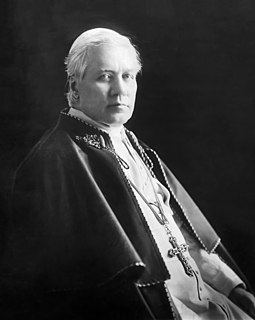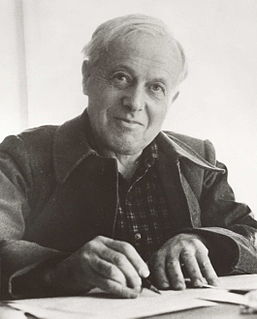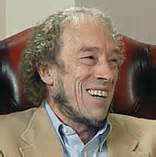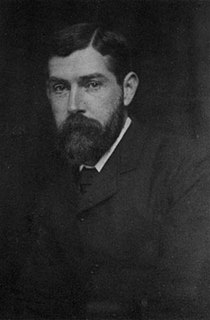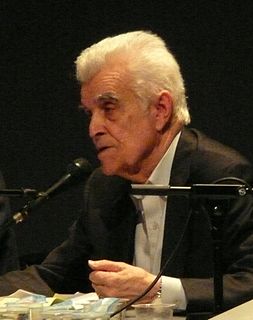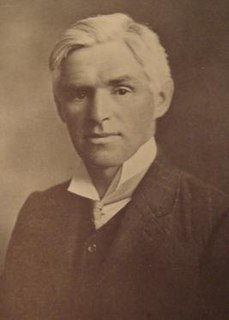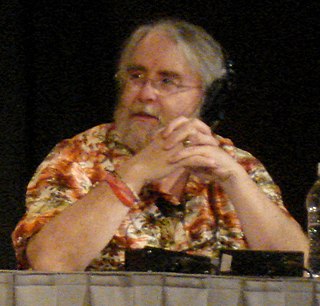Top 179 Gospels Quotes & Sayings - Page 2
Explore popular Gospels quotes.
Last updated on November 25, 2024.
There are some kinds of Christianity that insist you have to believe literally in doctrine. The Gnostic gospels open out the complexity and multiplicity of approaches to this. If you think the story of the virgin birth is mistranslated, for instance, it doesn't mean you have to throw out the whole thing.
The Gospels were not thought of as works of literature. People were not concerned with the literary reputation of Matthew or Mark, but with the substance of their records of our Lord's life. They did not have to respect their actual words, as they would if they were transcribing the works of Thucydides or Plato.
Who was Jesus anyway? After twenty centuries, there is not much anyone can agree on. The four canonical gospels don't measure up to modern standards of biographical writing, and - outside of this material - there is precious little contemporary evidence, apart from a few glancing mentions of Jesus or the movement centered on him.
I see the Koran very much as an outsider. It stands in the great prophetic tradition of trying to return people to the basic principles of spirituality. Taken for its time, it was an extraordinarily progressive declaration of principle. It is also extraordinary for a Christian to read: for example, there are more references to Mary than in the Gospels. The tragedy is that it has been so warped and misapplied.
The Gospels were written to present the life and teachings of Jesus in ways that would be appropriate to different readerships, and for that reason are not all the same. They were not intended to be biographies of Jesus, but selective accounts that would demonstrate his significance for different cultures.
Archaeological evidence provides significant help in interpreting the Gospels. In a sense, archaeology is an exegetical tool. To ignore the evidence of archaeology would be almost as irresponsible as making no appeal to the original text. The archaeological evidence is a vital component in the context of Scripture.
It is, I believe, impossible to find in any story upon record so many and such glaring absurdities, contradictions, and falsehoods, as are in the books [The Gospels of Matthew, Mark, Luke & John]. They are more numerous and striking than I had any expectation of finding, when I began this examination.
Especially among Christians in positions of wealth and power, the idea of reading the Gospels and keeping Jesus' commandments as stated therein has been replaced by a curious process of logic. According to this process, people first declare themselves to be followers of Christ, and then they assume that whatever they say or do merits the adjective "Christian".
It is quite likely ... that the central figure of the gospels is not based on any historical individual. Put simply, not only is the theological "Christ of faith" a synthetic construct of theologians, a symbolic "Uncle Sam" figure, but if you could travel ... back to First-Century Nazareth, you would not find a Jesus living there.
The study of everything that stands connected with the death of Christ, whether it be in the types of the ceremonial law, the predictions of the prophets, the narratives of the gospels, the doctrines of the epistles, or the sublime vision of the Apocalypse, this is the food of the soul, the manna from heaven, the bread of life. This is "meat indeed" and "drink indeed."










